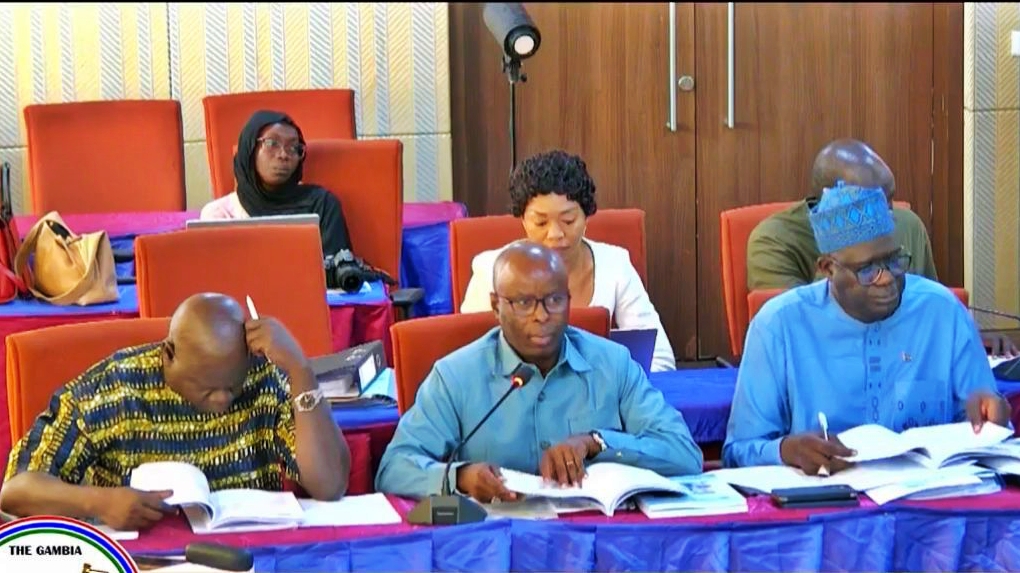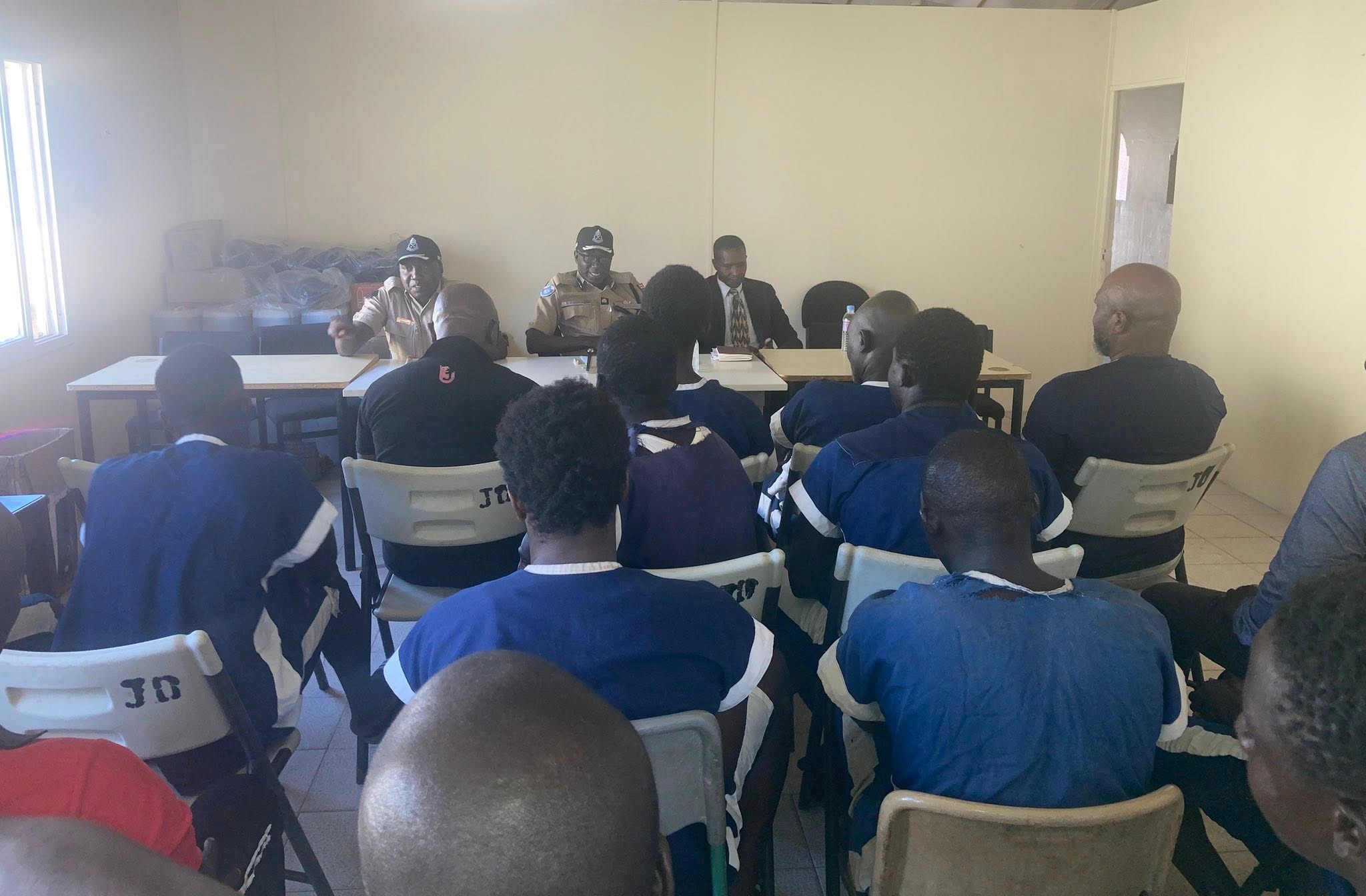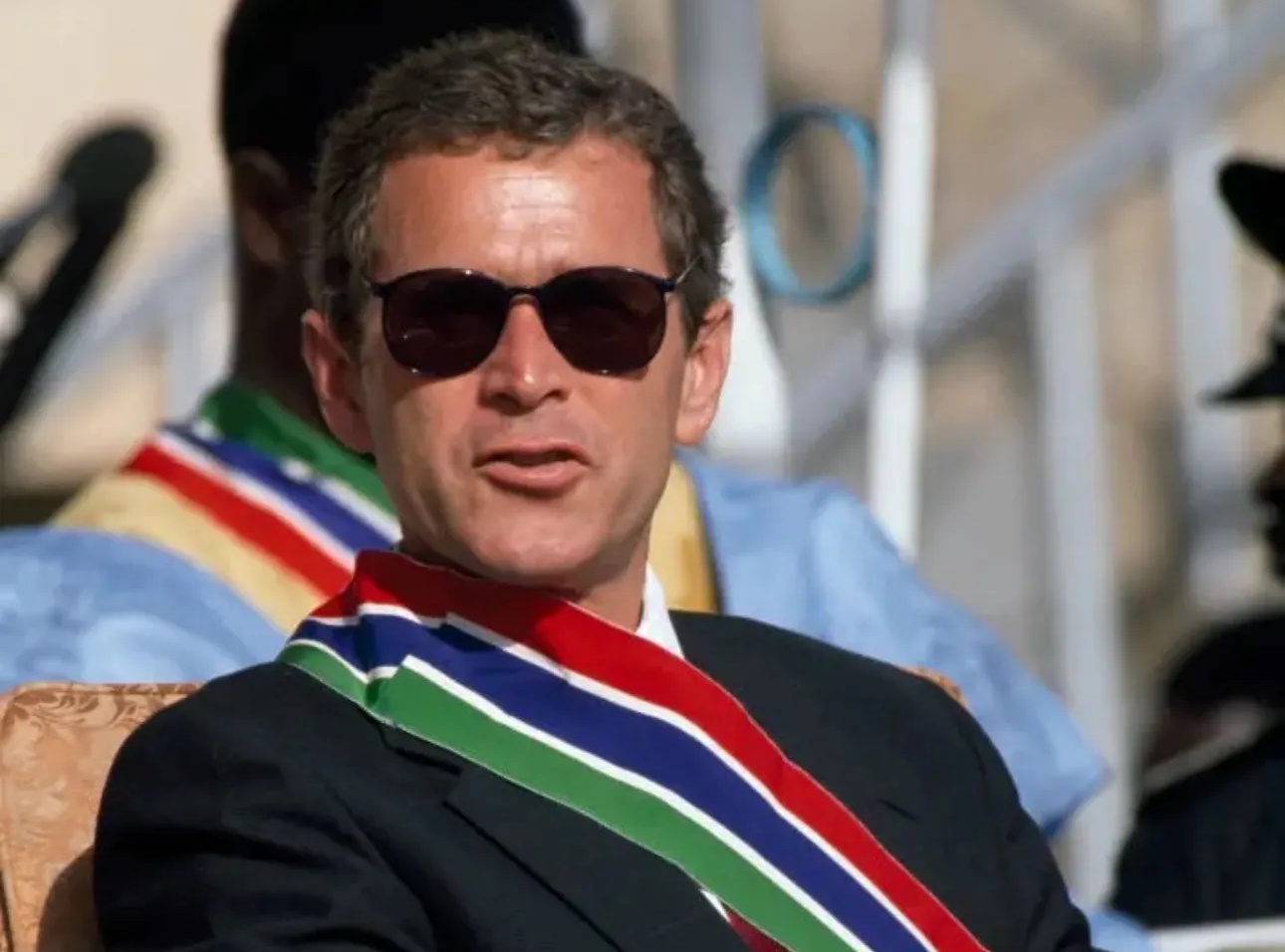Gambiaj.com – (WASHINGTON, DC) – In Banjul, Gambia, the Independence Day parade began just after Valentine’s Day, marking the 25th year of the West African nation’s independence. The star of the show was a representative from Great Britain, Queen Elizabeth’s daughter, Princess Anne. She wore a white dress with red and yellow flowers, a wide-brimmed white hat, and white gloves. To the left, the United States’ representative, George W. Bush, wore a dark suit with a Gambian flag sash and black cowboy boots with a Texas state outline.
In 1990, George W. Bush’s first trip to Africa and The Gambia was not significant as he was part of an ownership group that bought the Texas Rangers and focused on bringing back Nolan Ryan. His political career was behind him, having lost in 1978 to a Democratic state senator. His brother Jeb was likely to follow in their father’s footsteps.
For George W. Bush, this trip to The Gambia would be a chance for free government airfare and a good story to tell the next month at spring training.
But what Bush witnessed wasn’t simply all the grandeur that Gambian pageantry could muster, which in a stadium marked by chipped concrete and peeling paint wasn’t much. He saw a nation, and a continent, that was amidst a health epidemic that would soon explode into a full-blown crisis.
That year, Africa’s leading cause of death—like every other continent in the world—was cardiovascular disease. Remarkably, within a decade, a new disease would become the leading killer of Africans: HIV/AIDS, a virus that, when it was first reported in the United States in the early 1980s, was laughed about as a “gay plague” by members of the Reagan Administration, in which Bush’s father served as Vice President.
AIDS was not yet the killer it would become, with it accounting for over 12% of all deaths in Africa by 2001. In countries like Zimbabwe, it accounted for over half of all deaths.
George W. Bush’s father and Reagan, before him, didn’t address the crisis publicly until 1985 and 1990, respectively. To become a global force for good and engage in acts of Christianity, America needed to commit real money and resources, as well as engage in acts of compassion and care. And the fact is, neither Presidents Reagan, H.W. Bush, nor Clinton had been able to do that.
But as fate and history would have it, the young man sent to The Gambia to smile and wave in 1990 would be the advocate that millions in Africa and around the world needed.
Gambia 1990 in Hindsight: The Seeds for a Defining Legacy
On January 28, 2003, George W. Bush—now President himself—stepped to the lectern inside the U.S. Capitol for his State of the Union address. In the previous 13 years, he had been elected Governor of Texas twice.
At 56, President Bush proposed the President’s Emergency Plan for AIDS Relief (PEPFAR), the largest foreign aid program since the Marshall Plan, to Congress, becoming the largest initiative to fight a single disease in world history.
In two decades, the results have been extraordinary: PEPFAR has saved 26 million lives, prevented over 7 million babies from being born with HIV, and since 2015, HIV infections have declined 56% in Africa. Without qualification, it has been one of the most effective global initiatives in human history.
In 2025, PEPFAR is in jeopardy: its Congressional authorization runs out in March, and it is unclear if there is any will in Washington to continue it. Worse in the immediate, for now its programs have been put on a freeze as part of the current administration’s cut-and-run scheme when it comes to governing at home and abroad.
It’s an unserious strategy that seems to confuse strength with weakness. If this level of magical thinking holds, no longer will the United States—a country run by a party that describes itself as vehemently pro-life and Christian—contribute a relative pittance to helping save millions of lives.
While opponents of foreign aid disingenuously advocate a greater focus at home, in the most powerful empire ever to exist, there is no reasonable rationale for such a complete and total surrender of responsibility. Sadly, it should not come as a surprise to anyone.
But for the millions in Africa who have depended on PEPFAR, who have literally been saved by its reach—and the millions of children that will now be at far greater risk—the United States will no longer be viewed as a force for global good but as one of global greed.
The Author, Tim Barnicle, is a current PhD candidate at Harvard University and a former speechwriter at the U.S. State Department.










